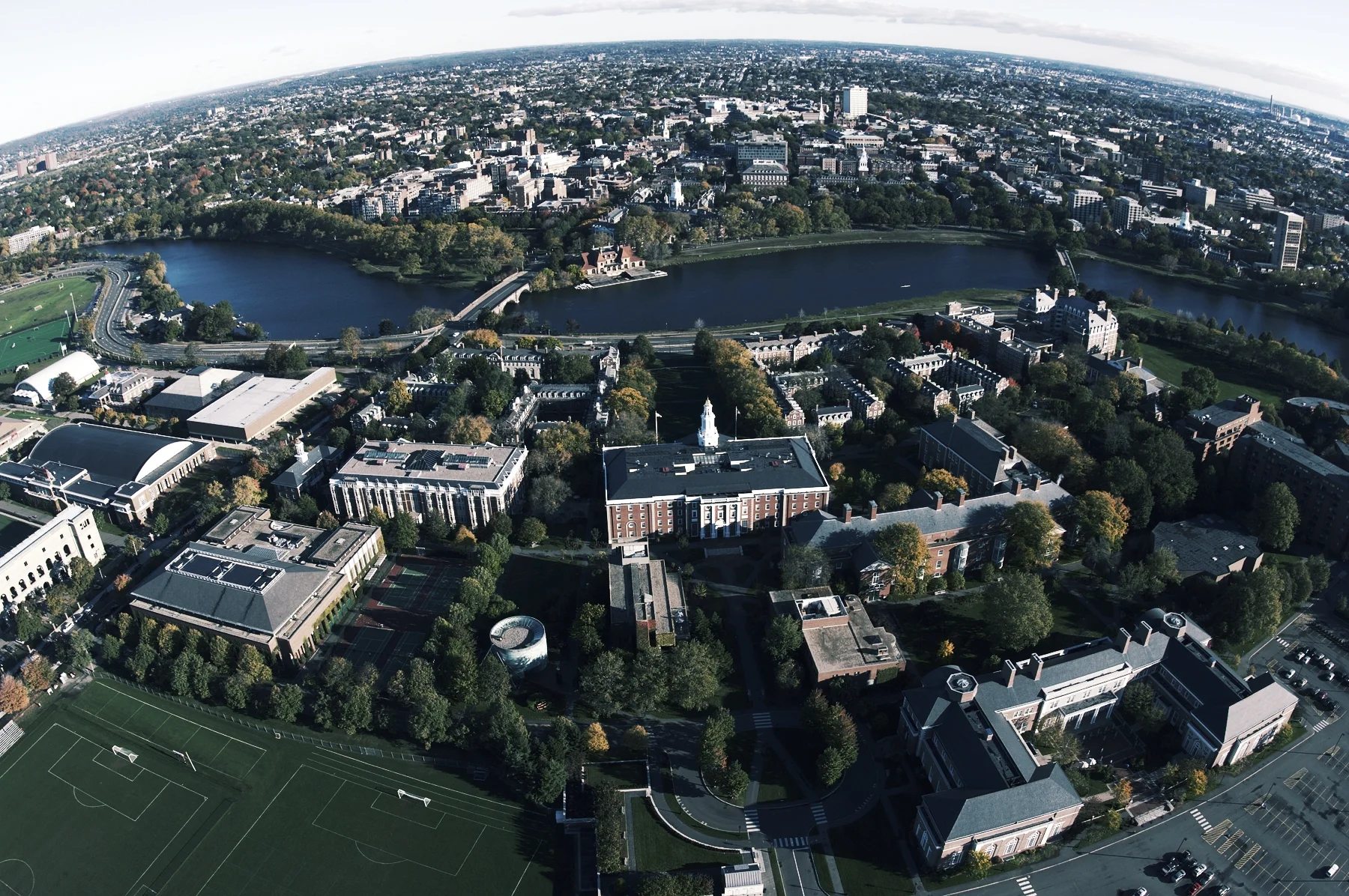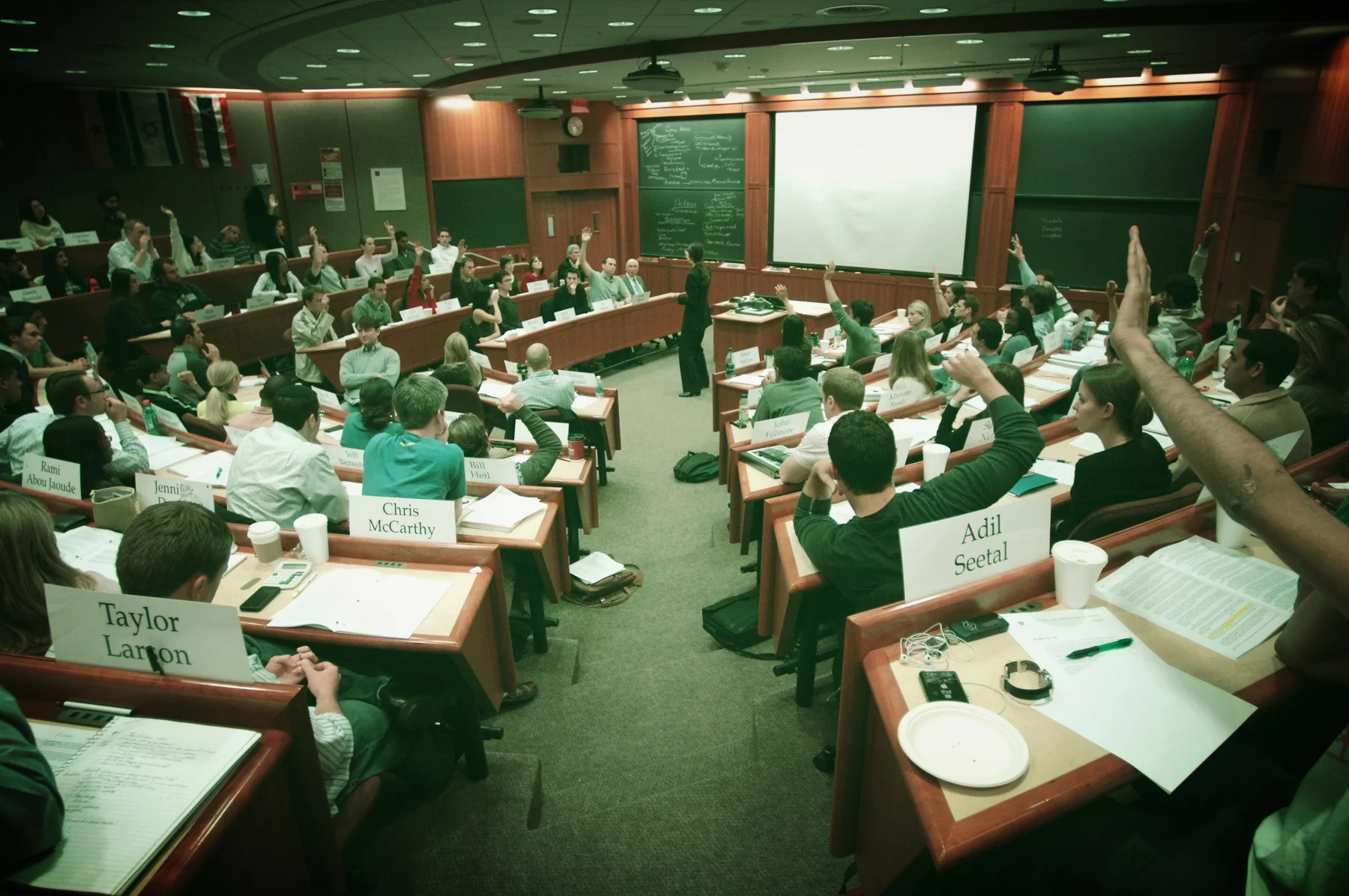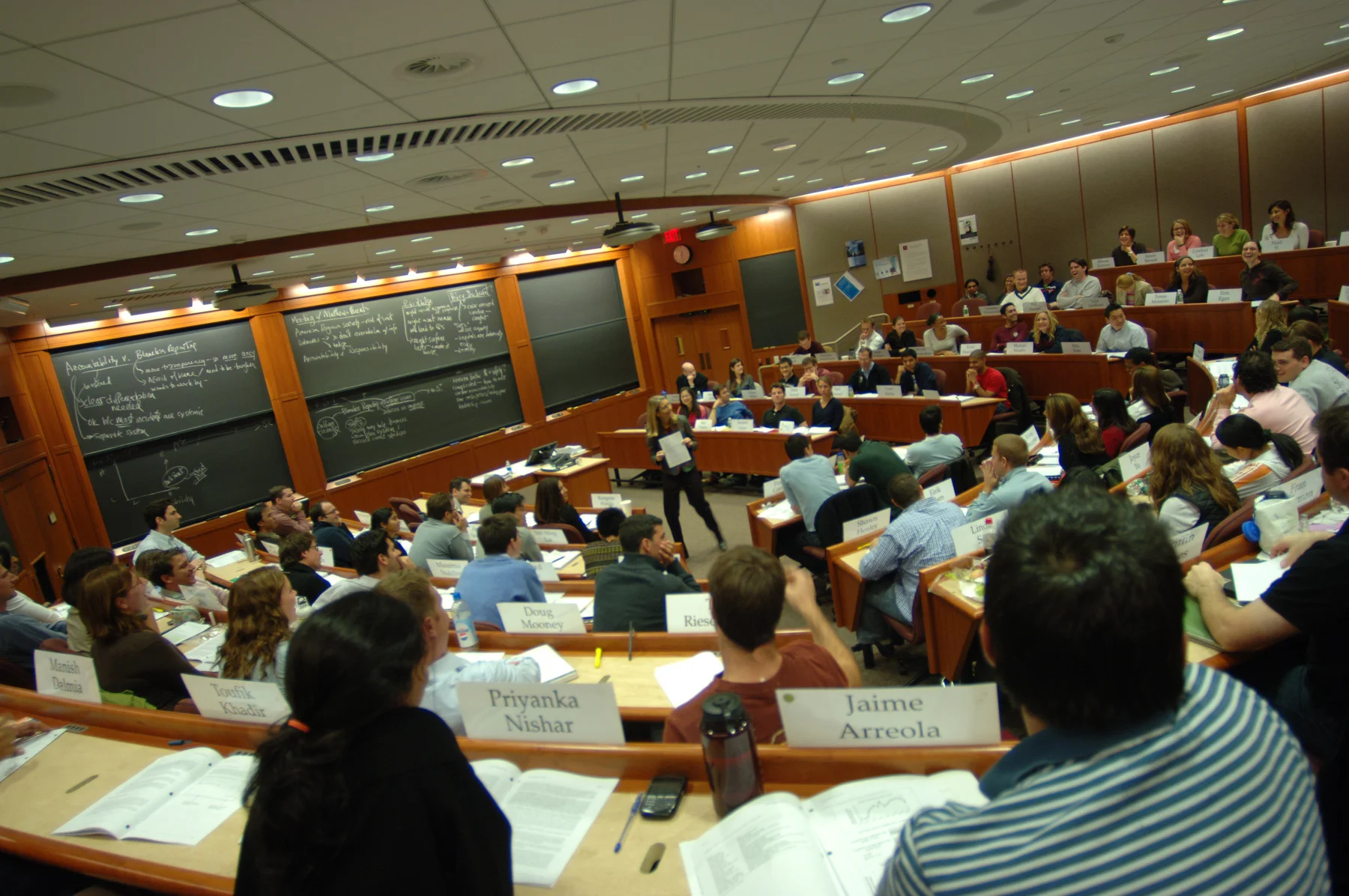This Wednesday (October 12) is one of those days on the calendar that tend to stop everyone in their tracks and dominate the headlines. Nevermind that the Duke Fuqua or Dartmouth Tuck deadlines are right around the corner - no, it's all about the final HBS Round 1 notification deadline. Interview or ding? Rather, interview or ding or deferral, as that appears to be a popular option this year as well. Let's make sense of things and offer some advice on how to respond from here. We'll group it result-by-result.
Time for a quick blog post in the wake of HBS sending out its three waves of decisions (October 6, 8, and 14). You can read the whole thing or you can just read this line, probably: don't take this stuff personally, understand there are a ton of great schools out there, and keep moving forward. Need more? Okay, let's break it down, with three Golden Rules for receiving a decision of this magnitude.
Unlike Columbia and Stanford, HBS did not make any changes to its essay from last year. As explained by Dee Leopold in her blog, they were quite simply happy with the content that this prompted generated. Those handful of people who have spoken to me on consult calls this year know that I predicted HBS would keep this essay and that it would be for this reason - I had a feeling this experiment worked well. This is because I watched the MASSIVE (all caps are necessary here) gulf between good and bad use of this space, among candidates.
Today we are going to talk about the new HBS application and what it means for applicants. We've already gone on record with our thoughts on how something like "this" (a school eliminating required essays) might impact our work as consultants, so this post is going to break down what this means for applicants. First, we are going to provide some context, to properly frame expectations.
Harvard's new essays questions and application process (timing) represent the continuation of a theme at HBS – namely, the program's desire to matriculate an even greater diversity of student. Previously, we have seen this through HBS' introduction of the 2+2 program, as well as the acceptance of the GRE. The 2+2 program is designed to seek out the best and the brightest from the youngest of potential applicants – undergraduates. The GRE is an exam whose test taking pool is approximately 50% female. If you look at Harvard's numbers over the past few years, you can see that demographics are trending younger and more female. This is something that most applicants to HBS already knew.













